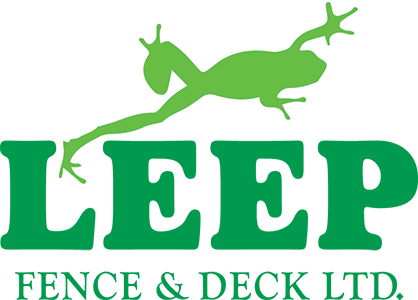
Corunna, Onatrio
Ph: (519) 330-1119

We offer a wide range of materials and a variety of colours and patterns. We design custom fences using a 3D design program. We repair and remove damaged or unwanted fences.
Pressure-treated fences are made of softwood lumber that has been treated with chemicals to improve its durability against rot, decay, and insects. Most pressure-treated fences use pine. The wood is treated inside pressurized tanks, hence the name, so that the chemicals are absorbed deep within its grains and fibers.
Like cedar and vinyl fences, pressure-treated fences are a favorite among homeowners. There are a few reasons as to why this is the case:
Pressure-treated wood is more affordable than other fence materials. For instance, you can save up to 30 to 40 percent if you use pressure-treated wood instead of redwood, which is another popular fence material.
Pressure-treated fences are also very durable – they are not easily scratched or dented, so they will last for a really long time. Pressure-treated wood is actually a lot stronger than untreated wood. It is able to absorb and endure more impact than the latter, so you may not have to replace your fencing even if minor accidents occur. If properly installed, they will stay in good condition for decades despite heavy rains, snow, and sunlight because they endure wear and tear well. In fact, they look better as they age!
Another benefit of using this material for your fence is that insects will not be able to eat through the wood. The material is treated with toxic chemicals that kill insects which are a top cause of wood degradation. And because pressure-treated fences are toxic to these insects, the wood will actually help keep them away from your house.
Cedar is a versatile wood used in construction, furniture, and firewood. Unsurprisingly, it is one of the most popular fence materials. With its beautiful grain and tone, it brings a rustic yet natural look to a home that a lot of homeowners love.
The reason that cedar is a popular fence material is its durability. It is considered to be one of the most durable types of wood alongside pine, cypress, fir, and spruce. It can withstand varying weather conditions and climates and endures wear and tear through the years. With cedar, you do not have to worry about rain, wind and sun damage as long as you install and maintain it properly. It also resists impact, so replacements may be avoided if minor accidents happen.
Aside from durability, cedar also has natural oils that are very effective in keeping insects away from your home. In fact, cedar essential oil is used in insect repellents and other similar products. The same natural oils also make it highly resistant to rotting, which means that you will not need to use harsh chemicals to treat the wood before installation. Unlike pressure-treated fences, cedar fences are more friendly to the environment and are therefore easier to dispose of just in case you want to replace your fence material later on.
More traditionally, fences are made of wood like cedar and pine. However, vinyl fences (or polyvinyl chloride/PVC) have become more and more popular through the years. It mimics the look of wood fencing, but it is maintenance-free and can last virtually forever.
Vinyl fences are also very child-friendly. If you have children (or pets) who like to play and run outside, vinyl fences are safe for them because the material does not splinter.
Another advantage of using vinyl over wood as a fence material is that it does not rot! It does not allow the growth of fungus either. Therefore, vinyl fences require less maintenance than traditional fences made of wood.
Vinyl is also flexible, which means the material bounces force upon impact, which is why a lot of ranch owners like vinyl fencing around their land. It won’t hurt animals like horses and cows in case they ran onto the fence. Its flexibility also makes it resistant to adverse effects of bad weather.